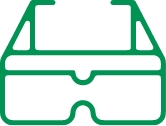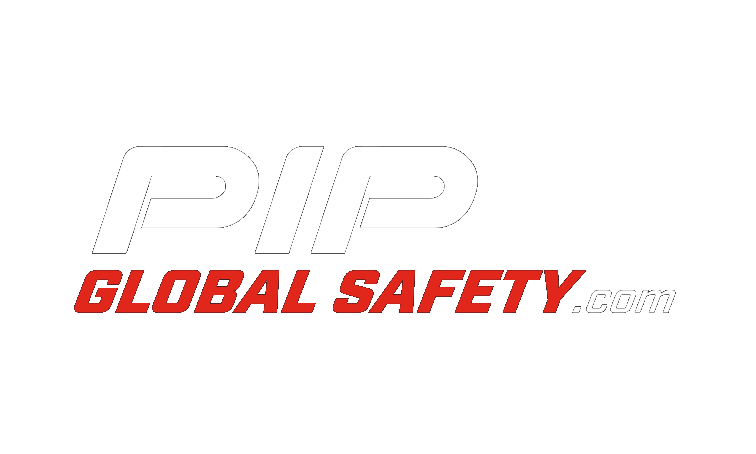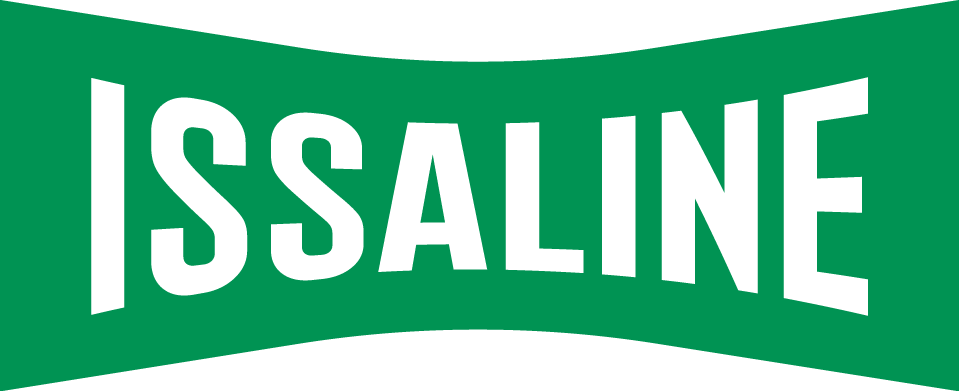
Worker
How should a worker be equipped?
The profession of the worker or bricklayer is one of the oldest professions in history. A profession of courageous people who, with their efforts, have converted and built our world as we know it today. Discover with Issaline how should be the right equipment for these great workers... from head to toe:
It must comply with EN ISO 20345 and the footwear must have an anti-slip sole, a protective toecap to protect against impacts or possible crushing and an anti-puncture insole.
These pants are widely used in this sector. The incorporation of different pockets is ideal for handling different types of tools and the reinforcements on the knees or the use of anti-abrasion fabrics reduce the risk of friction injuries.
It will depend on the conditions and weather. But it will always be important to equip yourself with comfortable, resistant and light clothing. Breathability is also an aspect to be taken into account when selecting the garment. In terms of regulations, it is mandatory for the worker to wear high-visibility clothing that complies with EN ISO 20471:2013 as the first layer. The vest is usually the most common garment...
They must comply with EN 388, against mechanical and physical hazards caused by abrasion, blade cut, tearing and perforation.
Self-filtering FFP3 particulate respirator that meets the following requirements
EN 149 standard. Protective equipment that charges
of silica (an important element in the production process).
natural constituent found in rocks, soil
and sand) as a carcinogenic substance.
General purpose safety helmet complying with the standard en 397
In addition to this equipment,
the worker must carry from CIRCUMSTANTIAL FORM:

EYE PROTECTION
Eye protection complying with EN 166 when using radials, pneumatic hammers, drills... etc.

HEARING PROTECTION
Hearing protection complying with EN 352 1 / EN 352 2 for noise tasks.
Issaline declines any responsibility for an incorrect choice of the D.P.I. or for its incorrect use. Always ask your safety officer for precise instructions.


